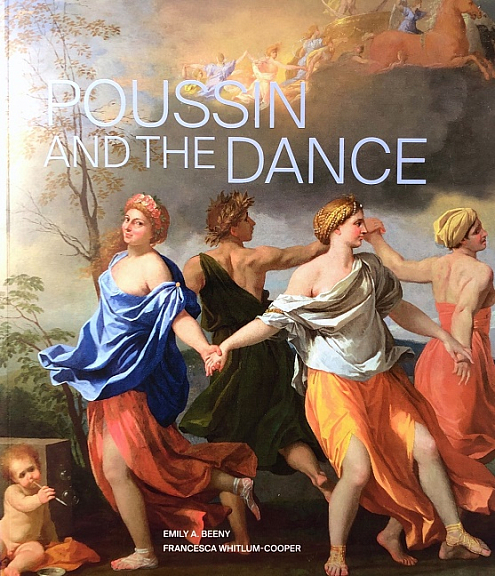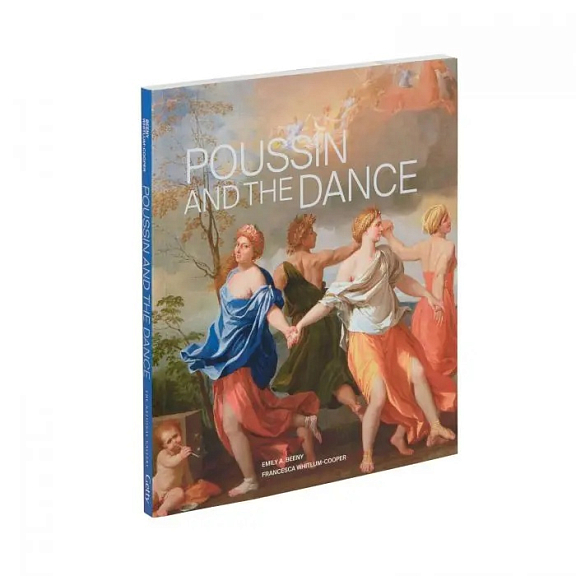-
Книги
- Нонфикшн
- Гуманитарные науки
- Деловая литература
- Естественные / Точные науки
- Книгоиздание
- Лайфстайл
- Словари / Энциклопедии
- Художественная литература
- Детектив
- Драматургия
- Классическая проза
- Мифология. Эпос
- Поэзия
- Собрания сочинений
- Современная художественная проза
- Фантастика. Фэнтези
- Биографии / Мемуары
- Графические романы / Комиксы
- Детские книги
- Воспитание. Педагогика
- Детский досуг
- О детских книгах
- Познавательная литература для детей
- Художественная литература для детей
- Журналы / Зины
- Архитектурные
- Гуманитарные
- Журналы о моде
- Зарубежная периодика
- Искусство / Фотография
- Кино / Театр
- Лайфстайл
- Книги «Подписных изданий»
- Книги на иностранных языках
- Английский язык
- Испанский язык
- Итальянский язык
- Книги на иностранных языках для детей
- Немецкий язык
- Финский язык
- Французский язык
- Шведский язык
- Книги о кино
- Книги о музыке
- Книги о путешествиях
- Книги о средневековье
- Книги о театре
- Книги о фотографии
- Книги об искусстве / Книги об архитектуре
- Альбомы по искусству
- Искусствоведение
- Книги по архитектуре
- Книги по декоративно-прикладному искусству
- Книги по живописи
- Орнаменты
- Прочее
- Танец
- Татуировка
- Творческое развитие
- Книги по философии
- Кулинарные книги
- Николай Солодников рекомендует
- Про дизайн / Про моду
- Канцелярские товары
-
Подарки
- Брошки и значки
- Закладки для книг
- Игры
- Наклейки
- Наши сувениры
- Новый год
- Открытки
- Всякие-разные
- Наборы открыток
- Открытки с писателями и поэтами
- Поздравления
- Про любовь и другие хорошие чувства
- С цветами, овощами и фруктами
- С цитатами и другими фразами
- Подарочные сертификаты
- Постеры
- Прочее
- Сумки и шоперы
- Подарочные сертификаты
Poussin and the Dance
| Издательство | National Gallery of Art , |
|---|---|
| Год издания | 2022 |
| Переплет | Мягкий |
| Страниц | 130 |
| Формат | 242x280 мм |
| Язык | Английский |
| ISBN | 978-1-85709672-9 |
| Артикул | 1192567 |
Poussin’s scenes of bacchanalian revelry, tripping maenads and skipping nymphs are often described as ‘dancelike’ and ‘choreographed’. The artist’s dancing pictures helped him develop a new approach to painting that would become the model for the French classical tradition. Shedding the sensuous, painterly manner of his early career, Poussin carved out the crisp, relief-like approach that characterized his mature work and set the precedent for three centuries of French art, from Le Brun and David to Cezanne and Picasso. He carried lessons learned from dance into every corner of his production.
This book brings together a key group of paintings and drawings by Poussin, exploring the theme of dance and dancers in his production for the first time. Focusing on the dancing pictures created in Rome in the 1620s and 1630s, essays connect Poussin’s interest in dance, his study of antiquities, and his formulation of a new classical style. Richly illustrated and engagingly written, this publication uses the prism of dance to cast Poussin in a new, fresh light.
Подписка на рассылку
Раз в месяц будем присылать вам обзоры книг, промокоды и всякие-разные новости




